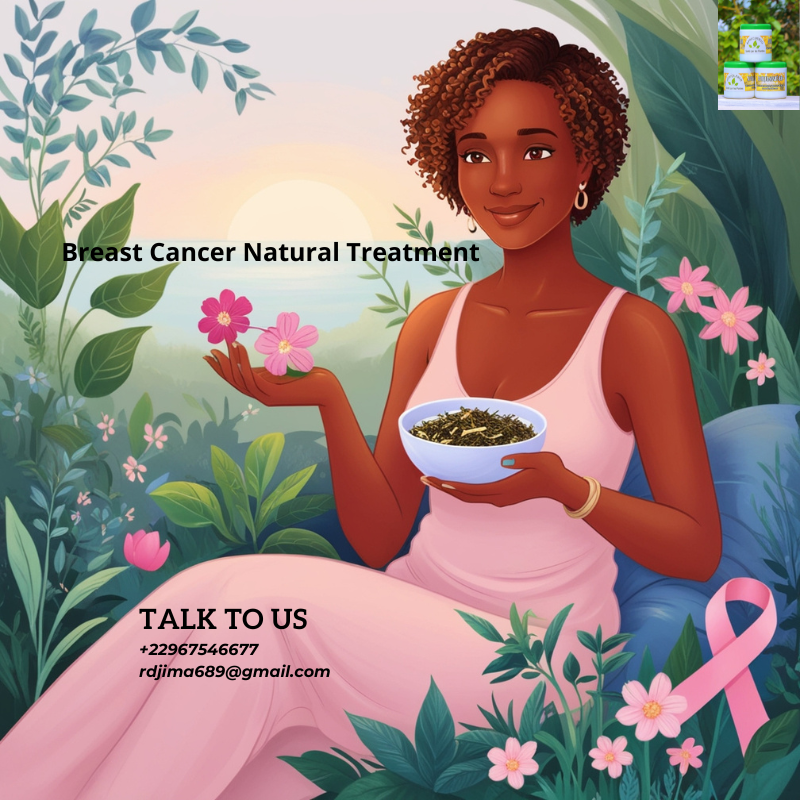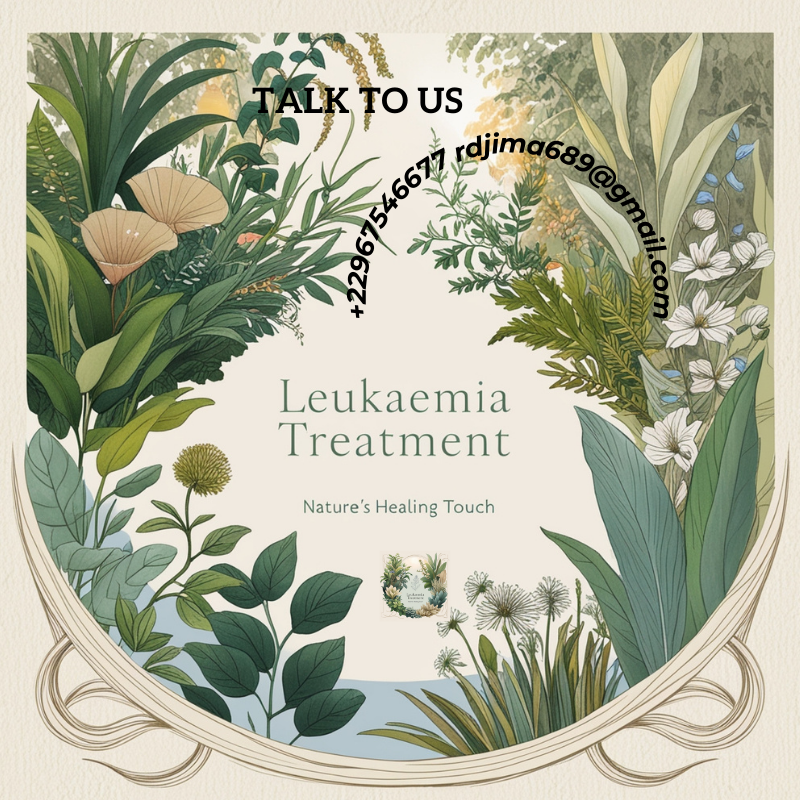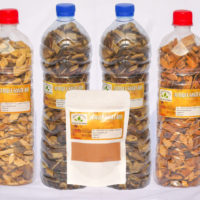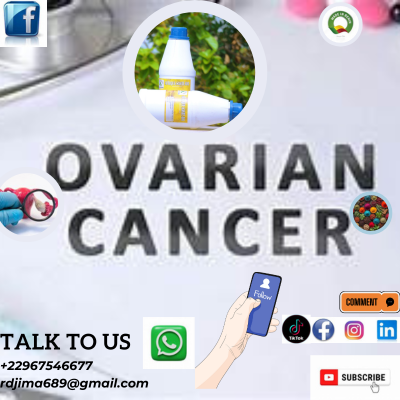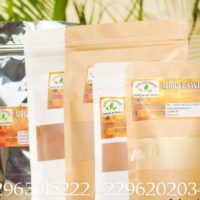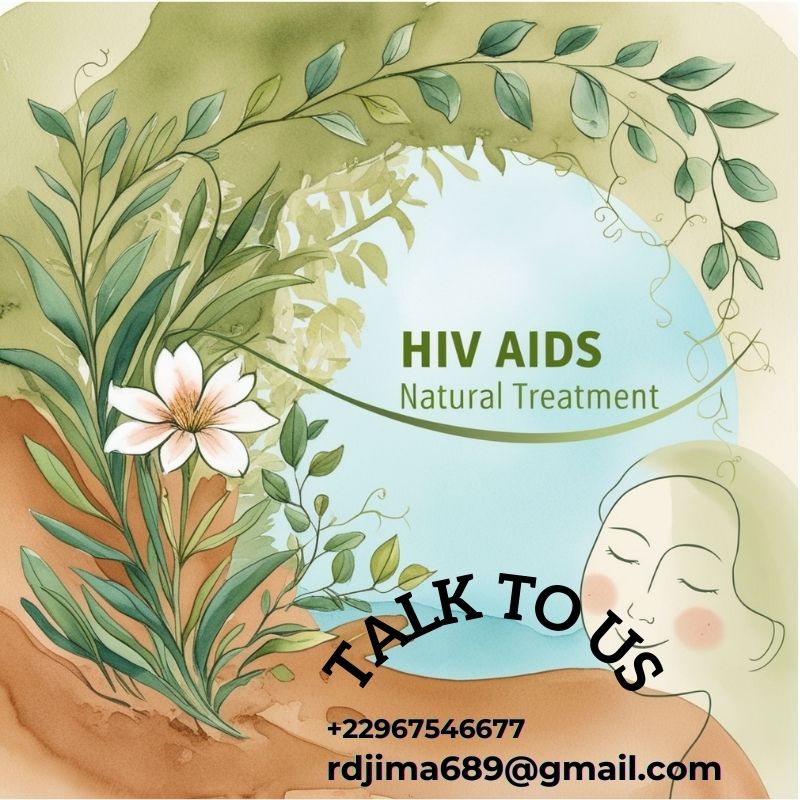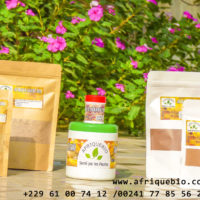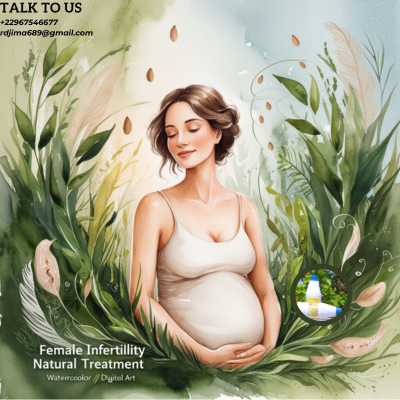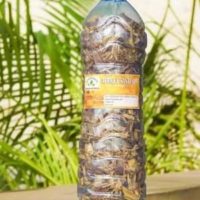Description
Breast Cancer Natural Treatment. Order our best natural treatment to stop the multiplication of breast cancer cells at an early stage. Very effective.
Click here to join us

Research Associated with Breast Cancer Natural Treatment
Breast Cancer Natural Treatment, How to Treat Breast Cancer? , How to Prevent Breast Cancer?, Which plant do we use to permanently cure breast cancer? , At what stage is the treatment of breast cancer impossible? , What treatment is reserved for breast cancer patients?, What is the Main Cause of Breast Cancer? , Can I Breastfeed My Child with Breast Cancer?
Breast Cancer Meaning: Breast Cancer Natural Treatment
Cancer is defined as the uncontrolled growth of abnormal cells that invade and spread into surrounding healthy tissues. Cancer cells can detach and spread to other parts of the body, forming secondary tumours called “metastases. »
If you need advice write to us here
The causes of cancer: Breast Cancer Natural Treatment
Cancer is a complex disease with various contributing factors, including lifestyle, environment, and genetics. Factors such as smoking, lack of physical activity, alcohol consumption, and poor diet are considered preventable. Environmental factors like sun exposure, pollution, and viral or bacterial infections can also increase the risk of cancer.
Genetics play a role as well, with nearly 10% of cancer cases having a hereditary component. Additionally, the impact of our environment and lifestyle on gene expression, known as epigenetics, also influences cancer risk. On the other hand, factors like ageing and sex are non-preventable contributors to cancer risk.
Technical Sheet for Breast Cancer Natural Treatment
Presentation of Breast Cancer Natural Treatment
-powder in a sachet or 50g pot
Composition
-Plant extracts. Read more
Active substances
—Anti-carcinogenic and reducing absorbent elements
Price: €100
Click here to discover over a hundred Free Recipes.
How can I find out more about it and contact the centre? Click Learn more about the product
Therapeutic Effects of Breast Cancer Natural Treatment
Herbal Tea No. 335: Natural Treatment Against Breast Cancer kills cancer cells while sparing healthy cells. It is an absorbent and adsorbent herbal tea that neutralizes malignant cells and preserves healthy cells.
In summary, it kills cancer cells while preserving healthy cells. The herbal tea acts quickly on cancer cells, causing them to disintegrate within 72 hours, allowing the regeneration of new healthy cells in the body. Please discover this cream that helps treat breast cancer by clicking on HEALING with the plant.
Indications
Breast cancer
Instructions for use: Read the instructions
MAKE AN APPOINTMENT WITH LADY FERANMI HERE
Maintaining a Healthy Diet with Breast Cancer
It is crucial to maintain a balanced diet, especially when dealing with breast cancer. Having proper nutrition can aid in the healing process during cancer treatment, which may cause side effects like mouth sores, loss of appetite, nausea, and vomiting.
A well-rounded diet can help you manage your weight, support the health of your body tissues, and alleviate cancer symptoms and treatment side effects.
If you struggle to consume enough food, consider using the following tips to incorporate more nutrients into your daily meals.
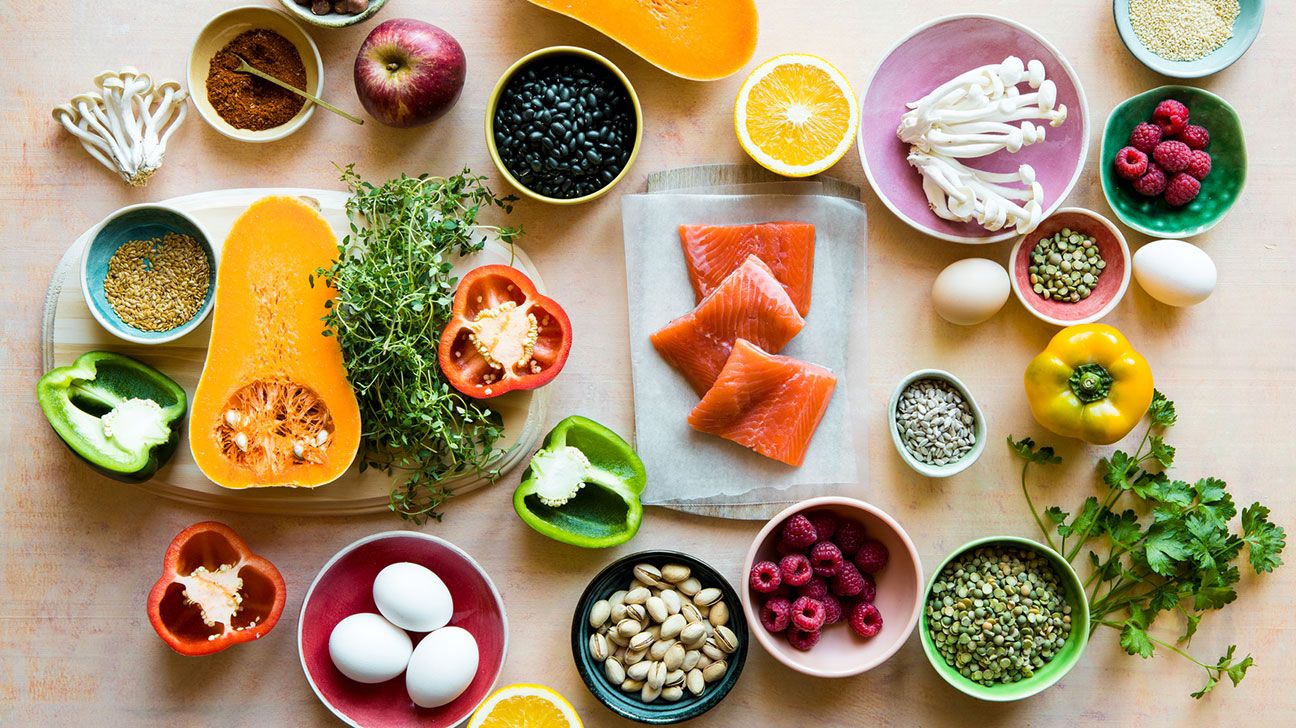
Foods to eat
If you have breast cancer, you may receive chemotherapy, hormone therapy, or HER2-targeted drugs, depending on the type and stage of your cancer. Radiation therapy may also be necessary, which can cause side effects such as loss of appetite. After undergoing breast-conserving surgery, coping with physical changes can be challenging. Healthy food choices can help nourish your body and brain as you fight the disease, and we’ve created a guide to make healthy eating easier.
Read also prostate cancer natural treatment
Breast cancer food guide
There is no specific diet recommended for people with breast cancer. Your healthcare team, including a registered dietitian, can help you create an appropriate eating plan specific to your needs. General recommendations for promoting overall health when you have breast cancer include whole, nutrient-dense foods, foods high in healthy fats and protein, blended liquids, high-fiber foods, and foods containing phytochemicals. While some studies suggest that phytochemicals may help reduce cancer risk, more research is needed to determine their precise effects on existing cancers.
This table provides some guidance on what phytochemicals do and which foods contain them:
Type |
What they do |
Which foods contain them |
|---|---|---|
| carotenoids or beta carotene | These compounds may help prevent the growth of malignant tumours and minimize the negative effects of chemotherapy drugs without reducing the treatment’s effect on cancer cells. | most fruits and vegetables |
| isothiocyanates | These compounds may play a role in stopping the growth of breast cancer cells. | cruciferous vegetables such as broccoli and cabbage |
| polyphenols | Remember this text: « These compounds may help prevent tumour cell growth and spread. There are five types of polyphenols: flavonoids, phenolic acids, lignans, stilbenes, and other polyphenols. Among these five, flavonoids and phenolic acids are the most common types, accounting for 60% and 30% respectively. » | various foods, such as fruits, berries, and grains, depending on the type |
Research
Research indicates that consuming more fruits and vegetables, especially green leafy or cruciferous vegetables, may improve survival rates for people with breast cancer. Blueberries are linked to a lower risk of death from breast cancer, while excessive fruit juice intake (except for orange juice) is associated with lower survival rates. Drinking 5 or more cups of green tea daily may reduce breast cancer recurrence by 19%. Maintain a diet with whole foods like fruits, vegetables, chicken, fish, beans, and healthy fats. Your doctor may advise avoiding certain foods and drinks in some cases.
Remember to avoid alcohol, spicy, crunchy, or acidic foods, undercooked foods, red and processed meats, sugar-sweetened beverages, and highly processed foods and refined grains to reduce the risk of interacting with cancer drugs, mouth soreness, infections, lower diet quality, unwanted weight gain, and increased breast cancer risk.
